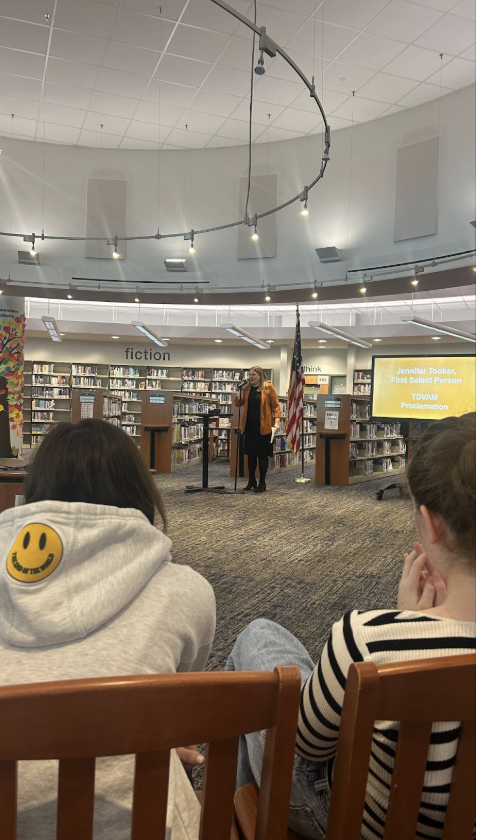By: Melanie Lust ’19
As the presidential election draws nearer, Hillary Clinton and Donald Trump’s polls have never been closer, and new questions are surfacing about the unusual way our country will decide who wins: the Electoral College.
Contrary to popular belief, American voters do not technically decide the outcome of an election. The choice is up to the 538 electors who make up the US Electoral College.
Each state is assigned a certain number of electors based on its population. Connecticut, for example, has seven, while California holds the largest amount at 55.
When residents of Connecticut go out and vote for a candidate, they’re really voting for which candidate is awarded all seven of the state’s electors. A candidate needs the absolute majority of 270 electors to win.
“It’s an interesting concept, but pointless because the electors must vote depending on the state’s popular vote,” Jacob Qiu ’19 said.
Because of the nature of this system, however, the candidate with the popular vote will not necessarily be elected.
The most famous example of this in recent history was the 2000 election between Al Gore and George Bush. Although Gore held a 0.5% lead in the popular vote, Bush won the Electoral College with 271 electors.
Political analysts have both highly praised and criticized the Electoral College. For example, a contributor to the online magazine Slate has called the system practical, and a way to ensure the “certainty of the outcome” of an election.
But in the midst of one of the most controversial elections in history, the system of the Electoral College worries some Staples students.
“Especially in this situation where at least two of our most influential candidates have claimed that the system is rigged, it’d be best to give everybody a vote, so there’s no system to blame,” Eric Schwartz ’19 said.
Critics from former Congressman Dan Glickman to Independent candidate Evan McMullin have already denounced the Electoral College as unfair, and dislike for the system is rapidly growing.
“When a vote is not a vote, we are not truly a democracy,” Schwartz said. “We are a democracy if every vote matters.”













































